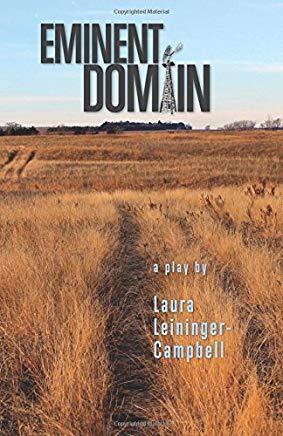
description
d truth-telling through the voice of an Asian American poet, while referencing a range of writers and pop culture figures. Emily Dickinson begins one of her poems with the oft-quoted line, "Tell all the truth but tell it slant." For Asian Americans, the word "slant" can be heard and read two ways, as both a racializing and an obscuring term. It is this sense of doubleness--culminating in the instability of language and an untrustworthy narrator--that shapes, informs, and inflects the poems in John Yau's new collection, all of which focus on the questions of who is speaking and who is being spoken for and to. Made up of eight sections, each exploring the idea of address--as place, as person, as memory, and as event --Tell It Slant does as Dickinson commands, but with a further twist. Yau summons spirits who help the author "tell all the truth," among whom are reimagined traces of poets, movie stars, and science fiction writers, including Charles Baudelaire, Thomas de Quincey, Philip K. Dick, Li Shangyin, and Elsa Lanchester.
member goods
No member items were found under this heading.
listens & views

RELAXATION GOD'S WAY
by CHRISTIAN RELAXATION AND MEDITATION ON SCRIPTURE
COMPACT DISCout of stock
$13.75
Return Policy
All sales are final
Shipping
No special shipping considerations available.
Shipping fees determined at checkout.






